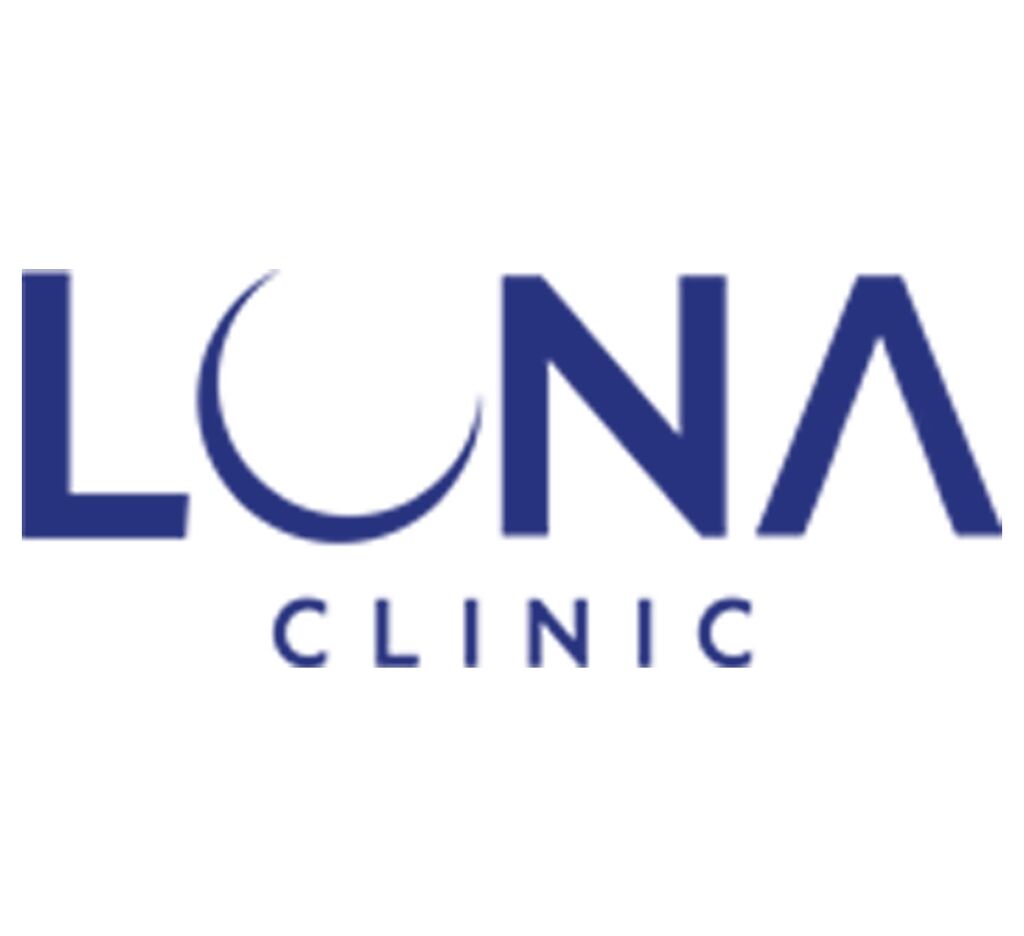Plastic surgery can be a transformative experience, enhancing your appearance and addressing physical concerns. If you’re considering surgery, it’s important to understand the plastic surgery pre-op guide, its risks and benefits, and how to prepare.
Before Your Surgery
Preparation is key to a successful surgery. Follow these steps:
- Consultation: Discuss your goals, medical history, and medications with your surgeon. A physical exam and photos of the area to be treated may also be necessary.
- Medications: Stop taking blood-thinning medications like aspirin a week before surgery. Inform your doctor of any drug allergies or medications you’re taking.
- Pre-Surgery Tips:
- Stop drinking and smoking two weeks before surgery to reduce bleeding and promote healing.
- Avoid certain foods and supplements like garlic, green tea, pomegranate, and birth control pills (1 month prior) that can increase bleeding risk.
- Be at your ideal weight if you’re having breast surgery, as weight fluctuations can affect results.
- Consider taking a comfortable pillow for recovery and a second surgical bra if you’re having breast surgery.
- Avoid using fake tan, and ensure your nails are clean and clear (no fake nails or polish).
- Eat and drink lightly 12 hours before surgery for easier blood sampling.
During Your Surgery
Plastic surgery is typically performed under general anesthesia. The duration of the surgery depends on the type of procedure, but it usually lasts several hours.
Preparation:
- Bring a night dress, slippers, and entertainment such as books or a laptop.
- Avoid wearing jewelry, fake eyelashes, nail polish, or moisturizer on the day of surgery.
- Wear loose clothing with front buttons or zippers for easy changing post-surgery.
- If needed, ask for anti-nausea medication after anesthesia.
- Remove contact lenses, glasses, or dentures before the procedure.
After Your Surgery
Post-op care is critical for a smooth recovery and optimal results. You may feel tired or disoriented from anesthesia, and some pain or discomfort is normal.
Post-Op Instructions:
- Follow your surgeon’s guidance on caring for your wound and managing pain.
- Use cold packs to reduce swelling and keep the area clean and dry.
- Compression garments or splints may be necessary to support healing.
- Use antibacterial wipes to clean your body, avoiding the wound area until cleared to shower.
- Drink plenty of fluids to stay hydrated and eat protein-rich meals to promote healing.
- Protect scars with sunscreen (SPF 30+) for a year to prevent discoloration.
- Refrain from smoking and drinking for at least two weeks post-op, as these can delay healing.
- Continue wearing your compression garment as recommended to ensure the best results.
Diet Recommendations
Due to anesthesia, it’s common to feel thirsty or have a sore throat after surgery. Keep fluids like decaffeinated tea or non-citrus juices handy. If your appetite is limited, try soft foods like yogurt, pudding, or soups.
What to Eat:
- Stick to protein-rich, easy-to-digest foods.
- Avoid high-fat, salty, spicy, or caffeinated foods and dairy products with high-fat content.
Remember, healing takes time, and everyone’s recovery process is different. Be patient with your body and follow your surgeon’s advice for the best outcome.

